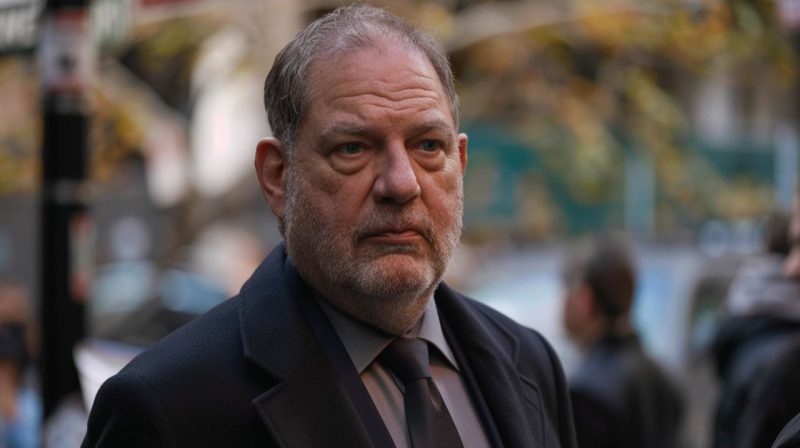
New York’s highest appeals court overturned Harvey Weinstein’s 2020 rape conviction. This ruling not only mandates a retrial for the disgraced Hollywood mogul but also ignites a broader discussion on the complexities of legal processes in high-profile sexual assault cases and their impact on the #MeToo movement.
On April 25, 2024,
The Grounds for the Overturn The Court of Appeals’ decision hinged on what it identified as critical errors in the original trial, particularly regarding the admission of testimony about alleged, uncharged sexual acts. The majority opinion expressed concern that the inclusion of these testimonies prejudiced the jury against Weinstein, focusing on his character rather than the specific crimes alleged (the-journal) (dw).
The ruling highlighted an essential dilemma in sexual assault trials: balancing the defendant’s right to a fair trial against the societal need to hold sexual predators accountable. By admitting testimony that detailed behavior not formally charged, the trial might have skewed the jury’s perception, leading to a conviction influenced more by the defendant’s general conduct than by concrete evidence related to the specific charges.
Dissent Within the Court
A poignant dissent by Judge Madeline Singas underscored the implications of the majority’s decision for future sexual violence cases. Judge Singas argued that the decision might allow predators to escape accountability and perpetuate outdated and harmful perceptions of sexual violence (dw). Her critique reflects a critical view within the legal community that the pursuit of procedural fairness should not undermine the substantive justice victims seek.
Impact on Weinstein and Ongoing Legal Battles
Despite the overturning of his New York conviction, Harvey Weinstein remains incarcerated, serving a 16-year sentence from a subsequent 2022 Los Angeles conviction on similar charges. This aspect underscores a complex legal reality: multiple jurisdictions with varying outcomes based on differing judicial interpretations and procedural frameworks (dw).
Broader Implications for the #MeToo Movement
The Weinstein case has been a cornerstone of the #MeToo movement, symbolizing a broader societal reckoning with sexual misconduct, particularly in powerful industries like Hollywood. The appeals court’s decision to overturn the conviction raises questions about the durability and impact of legal outcomes influenced by public and media scrutiny. It prompts a reevaluation of how legal systems handle high-profile cases that balance public sentiment and legal fairness.
Legal Reforms and Future Directions This case highlights the need for ongoing legal reform, particularly concerning how courts handle testimony and evidence in sexual assault cases. Advocates for sexual assault victims may see this decision as a setback, prompting calls for changes in how courts evaluate evidence of prior bad acts to avoid prejudicing the jury while ensuring that relevant information is not unduly withheld.
The debate also extends to the court of public opinion, where the dynamics of media coverage and public advocacy play significant roles in shaping perceptions of guilt and justice. As the legal landscape continues to evolve, the interaction between media narratives and judicial processes will likely continue to influence public and legal outcomes.
The overturn of Harvey Weinstein’s 2020 rape conviction by New York’s Court of Appeals is more than a legal anomaly; it is a landmark event that will influence discussions on judicial fairness, victim advocacy, and the broader cultural impacts of the #MeToo movement. As society grapples with these complex themes, the legal system’s role in balancing fairness and justice under intense public scrutiny remains a challenging yet vital endeavor.
This case serves as a crucial reminder of the ongoing need to refine legal practices to better serve both justice and societal progress.
